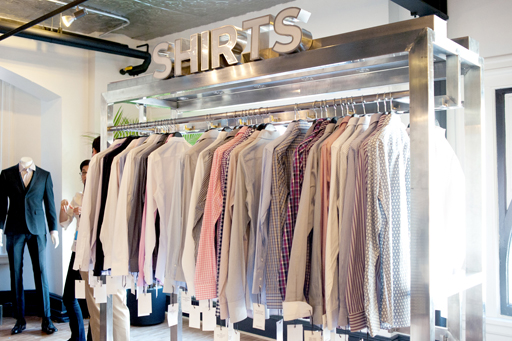
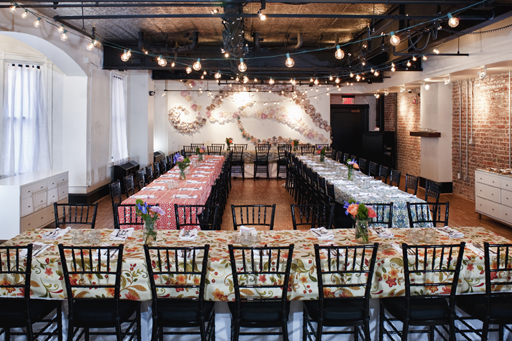
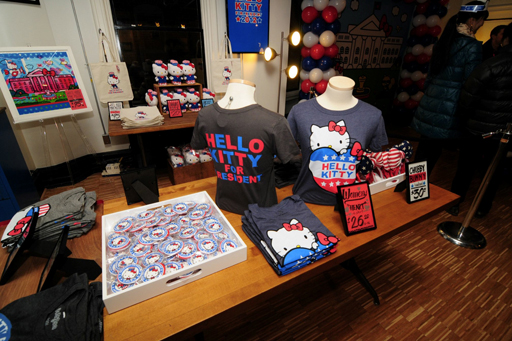
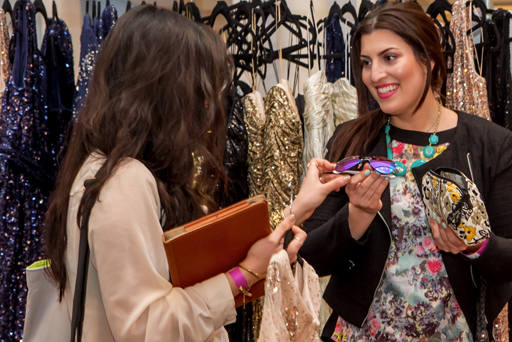
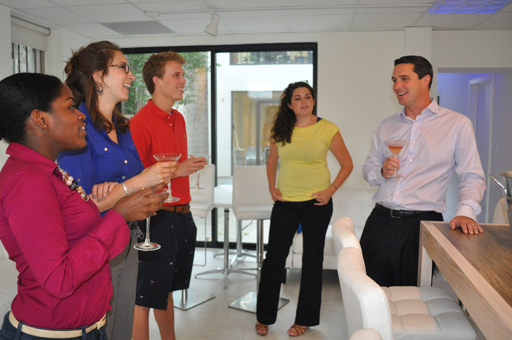
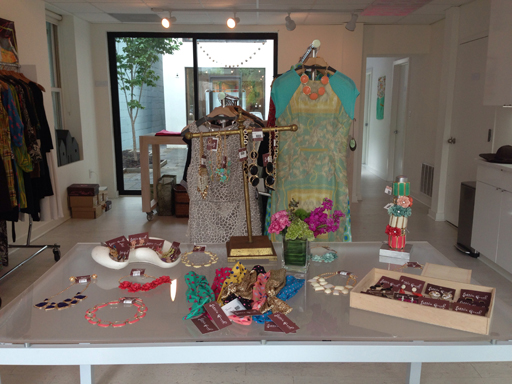
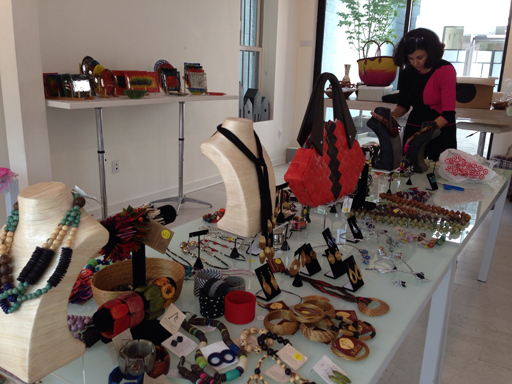
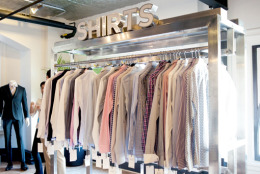
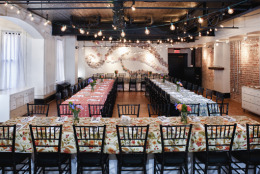
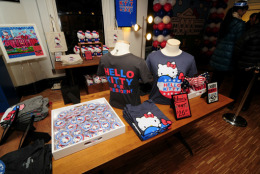

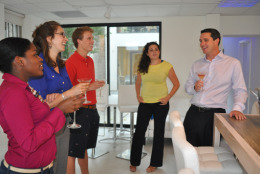
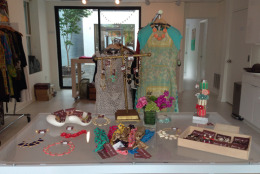
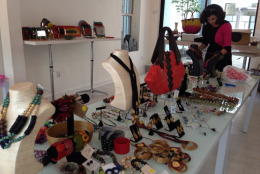
Hoai-Tran Bui, special to wtop.com
WASHINGTON – It’s not hard to spot a pop-up these days. The empty warehouse you pass on your commute is suddenly a vintage clothing store. The abandoned space on the corner is now a hip coffee shop.
Whether they’re open for one night or one month, one thing is for sure — pop-ups are at the height of cool for consumers. And for retailers, they just make sense.
For many D.C. business owners, pop-ups have been the answer to the economic recession, rising rent prices and the surge of creative spirit that has taken hold of the newest generation of entrepreneurs.
The temporary nature of the pop-up allows owners of restaurants, vintage stores and concert venues to test the limits of what they can do.
“When you hear the word pop-up, it automatically means innovation to me,” says Shannon Evans, the founder of the pop-up concert series High Note. “It allows people to come in with the mindset of expecting something different.”
The High Note concert series, which will hold the second of its four concerts on June 8, was created by Evans and soul singer Aaron Abernathy. The series showcases Abernath’s music in a way that stands out from other concerts in the area.
Each concert in the series is held at a different, private location, and ticket-buyers are not notified of the location until 24 hours before the event.
“The need to (be creative) is always there, so having the opportunity to pop up something allows you to have that expression without that type of commitment of retail space,” Evans says.
The rising rent cost of retail space in the D.C. area also adds to the popularity of the pop-up movement. Many start-up restaurants lack the resources or finances needed to open a permanent location. Often times, business owners resort to sharing a space with another establishment to overcome this obstacle.
“It’s extremely hard for a lot of businesses to make it in D.C. and to create a profitable business based on the rent that a lot of these businesses are paying,” says Chris Vigilante, owner of Vigilante Coffee.
Vigilante says having a pop-up is a stepping stone in opening and managing a permanent location.
Vigilante Coffee originally operated in a variety of locations, including Mr. Yogato’s in Dupont Circle. Serving his product in another cafe helped Vigilante get on his feet and work out the kinks in running his business.
Eventually, he started receiving offers to pop up throughout the District.
“D.C.’s hungry for young entrepreneurs and for people to take their craft and elevate it to a new level,” Vigilante says. “But more likely than that, they’re looking to give an entrepreneur an opportunity.”
D.C.’s friendly reception to pop-ups began to gain momentum with the appearance of “blank slate” venues.
Companies, like LivingSocial and Tabula Rasa, own venues that are purposefully “blank slate” spaces — sites where a pop-up shop or event can take place for a couple of days.
LivingSocial began as a company that sold deals to consumers from local businesses and events in the area. In February 2012, LivingSocial launched its pop-up venue at 918 F St., NW to take a bigger role in hosting some of the events for which it previously advertised.
“D.C. is made up of a very active community of folks that like to go out and do things, and enjoy fine food and enjoy unique experiences,” says Lauren Hengl, manager of 918 F St. “And launching our venue at 918 F St., we found that our members really liked coming to our buildings to try things that they’d never tried before.”
On Capitol Hill, the sustainable event space Tabula Rasa hosts a variety of pop-ups, from cocktail events, to fashion bloggers and online retailers.
Amanda Clarke opened Tabula Rasa in May 2012 as a venue for corporate retreats and social gatherings. However, she later found that the space began to gain more popularity as a pop-up shop.
“We seem to do a lot more pop-ups than we do corporate,” Clarke says. “It could be our location, we’re very much a retail space. We have a very large picture window on a very busy space, where we’re all starved for retail on Capitol Hill







